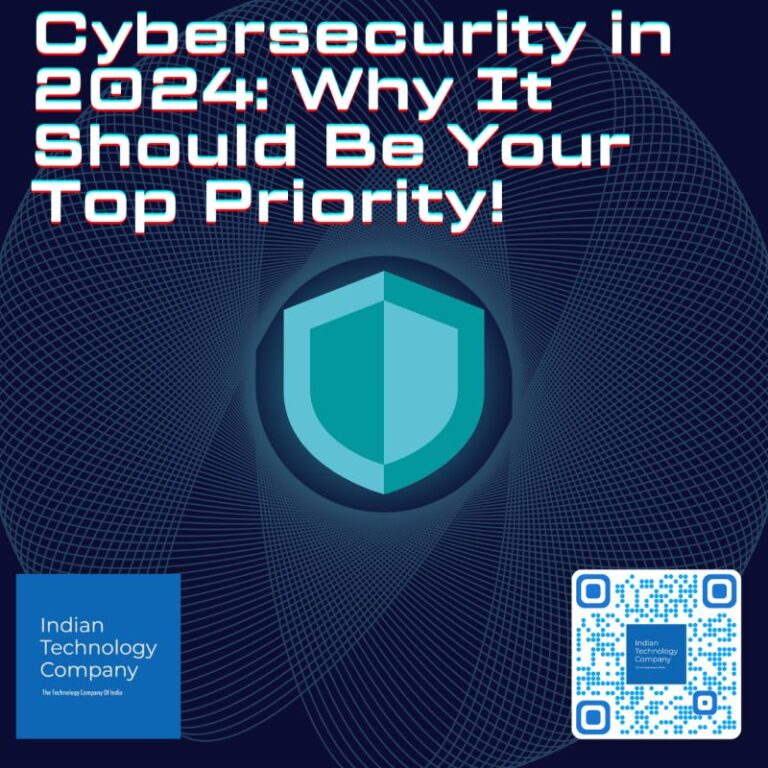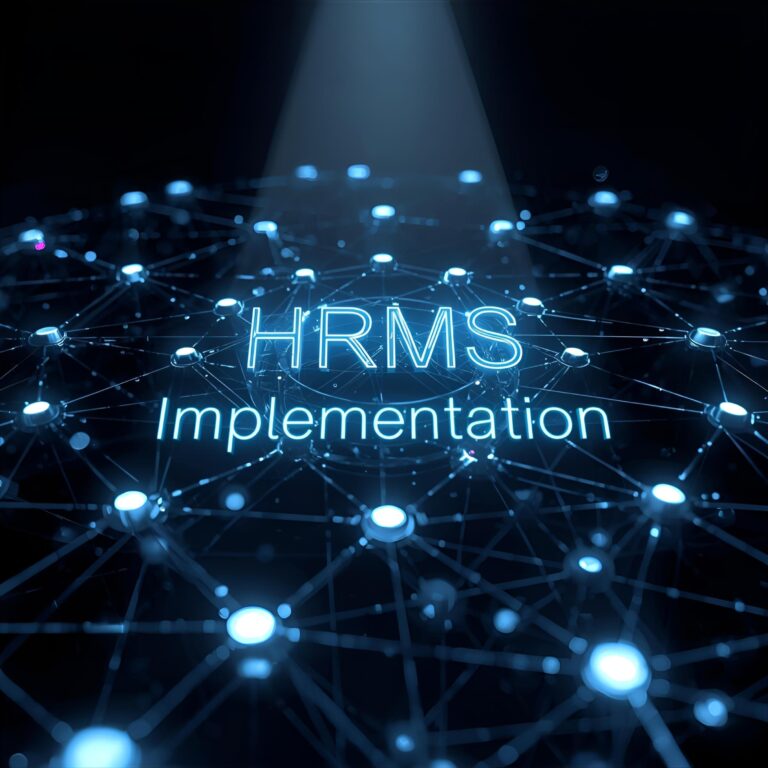A Guide to Employing ERP Systems for Growing Firms.
Create a Business Backbone with an Indian Technology Company.
The use of spreadsheets and siloed systems can hinder the growth of your business. The process becomes fragmented, reporting slows down, and decision-making takes longer. When is the appropriate moment to implement an Enterprise Resource Planning (ERP) system.
The right ERP can be a challenging decision to make. There are numerous vendors offering modules, but not all systems are equal. Why? A poor choice of ERP can cause disruption, drain your budget, and hinder growth. The Indian Technology Company, a top custom ERP implementation company, is the ideal partner for companies seeking to ensure precise selection of ERP solutions.
The key factors that growing companies should consider when selecting ERP systems are outlined in this guide, along with tips for the Indian Technology Company to ensure smooth, scalable, and successful outcomes.
How does ERP impact growth?
Getting to know what is important to consider before selecting ERP for growth should be an essential consideration, but it’s also crucial in the scaling of companies.
A centralized system is used by all departments, including HR, finance, and sales, to manage their data.
Process Automation helps to decrease the number of manual tasks and human errors.
Using dashboards and reports to make more informed decisions with real-time insights.’
The integration of modules with GST and payroll software facilitates compliance with regulatory requirements.
Improved Customer Experience: Faster service, superior order tracking, and effortless inventory handling.
With these benefits in mind, let’s review the process of choosing an ERP system.?
1. What are your business goals and procedures? .
Developing companies must evaluate their internal challenges and goals before considering vendors.
Ask:
Would better inventory management be beneficial?
Do we have divisions within our departments?
Is real-time financial monitoring lacking?
Are we extending our reach to new markets or sectors?
🔹 Indian Technology Company’s Approach:
We start with a Business Process Mapping Workshop, where we map out ERP functionality according to your business needs.
2. Consider Industry-Specific ERP Capabilities.
Whether you’re in the manufacturing, retail, logistics, education or services, generic ERP systems may not be suitable for your sector.
Look for:
Batch tracking for manufacturers.
GST integration for Indian businesses.
Services for attendance and payroll.?
POS modules for retail chains.
🔹 Indian Technology Company’s Advantage:
Bespoke modular designs, our custom ERP solutions for industry. only ERP.
3. Evaluate Scalability and Integration Flexibility.
But you don’t need to overhaul your ERP system every few years, it has got to scale. Additionally, it must be compatible with existing tools like CRMs, eCommerce platforms and payment gateways.
Consider:
API availability.
Cloud readiness.
Mobile access.
Compatibility with third-party apps.
🔹 Indian Technology Company’s Capability:
Our open APIs and scalable ERP architectures are integrated with Zoho, Tally, Salesforce.com/Shopify etc. for seamless integration as well.
4. Refer to for Real-Time Reporting and Analytics.
Data is the foundation of modern business. Your ERP should provide easy-to-use dashboards, KPIs and analytics tools. Why?
Key Features:
Drill-down reports by department.
Visual dashboards.
Custom report generation.
Forecasting and planning modules.
🔹 Indian Technology Company’s Tools:
We integrate BI tools and real-time analytics directly into ERP interfaces, enabling your leadership team to act more quickly. Why?
5. Examine User Experience and Ease of Use.
The ERP interface should be user-friendly and easy to grasp for your team, including those in top management and warehouse operators..
Ask:
What is the degree of difficulty in learning?
Is there role-based access control?
Can non-technical users generate reports?
🔹 Indian Technology Company’s Focus:
The UI/UX of our ERPs is designed to be intuitive, customized dashboard and layout can be mobile-friendly for office use.
6. Examine Assistance, Training, and Maintenance Plans.
The importance of post-implementation support is as significant as that of the software. Provide your ERP provider with ongoing training, enhancements and technical assistance.
Checklist:
24×7 customer support availability.
Training modules and manuals.
SLA-based support.
Upgrade roadmap.
🔹 Indian Technology Company’s Promise:
We provide dedicated support staff, customized training programs, and comprehensive maintenance plans for ERP clients.
7. Budget and ROI Analysis.
It is not cost-effective to implement ERP, but rather an investment. Small to medium-sized companies must balance between offering what they want and keeping costs low.
Consider:
License or subscription cost.
Implementation and customization charges.
Hidden maintenance fees.
Time to ROI.
The Value Proposition of an Indian Technology Company:
We provide cost-effective, transparent pricing for ERP solutions that deliver immediate ROI with faster deployment time.
8. Security and Data Privacy.
Due to the increasing threat of cyber attacks, ERP systems must have effective cybersecurity measures in place.
Features to look for:
Role-based access controls.
Data encryption and backups.
Compliance with GDPR and Indian IT Act is expected.?
Disaster recovery plans.
🔹 Indian Technology Company’s Assurance:
The Tier-3 Tier 3 data hosting is provided by our ERP solutions and complies with ISO compliance standards for security. Indian data centers or at your location.
9. Cloud vs On-Premise Deployment.
Pick the cloud-based ERP solution that is most suitable for your company, whether it’s on-premises or cloud based.
Cloud ERP:
Lower upfront cost.
Accessible from anywhere.
Automatic updates.
On-Premise ERP:
Full control over data.
One-time investment.
Ideal for security-sensitive sectors.
🔹 Indian Technology Company’s Options:
Depending on the size of your business, security requirements, and budget we can offer hybrid, cloud, or on-premise ERP deployments.
10. Future-Proofing with AI and Automation.
Integrated AI, machine learning, and process automation capabilities are becoming more prevalent in modern ERPs. Choose an option that won’t be obsolete in 3 years.
🔹 Indian Technology Company’s Innovation:
Our approach includes implementing AI-led inventory alerts, smart workflow automation, and chatbot support for future-ready ERP systems.
Conclusion.
One of the most important factors to consider when choosing an ERP system is a new business. It provides the digital foundation for productivity, agility, and competitiveness.’ ERP can be overwhelming if there is no clear direction and expert guidance to guide the selection process.
The Indian Technology Company’s success in developing ERP solutions is due to its commitment to a long-term digital transformation partnership, which is preferred by companies across the globe. We don’t just provide ERP systems; we also design sustainable business solutions that grow with you.






